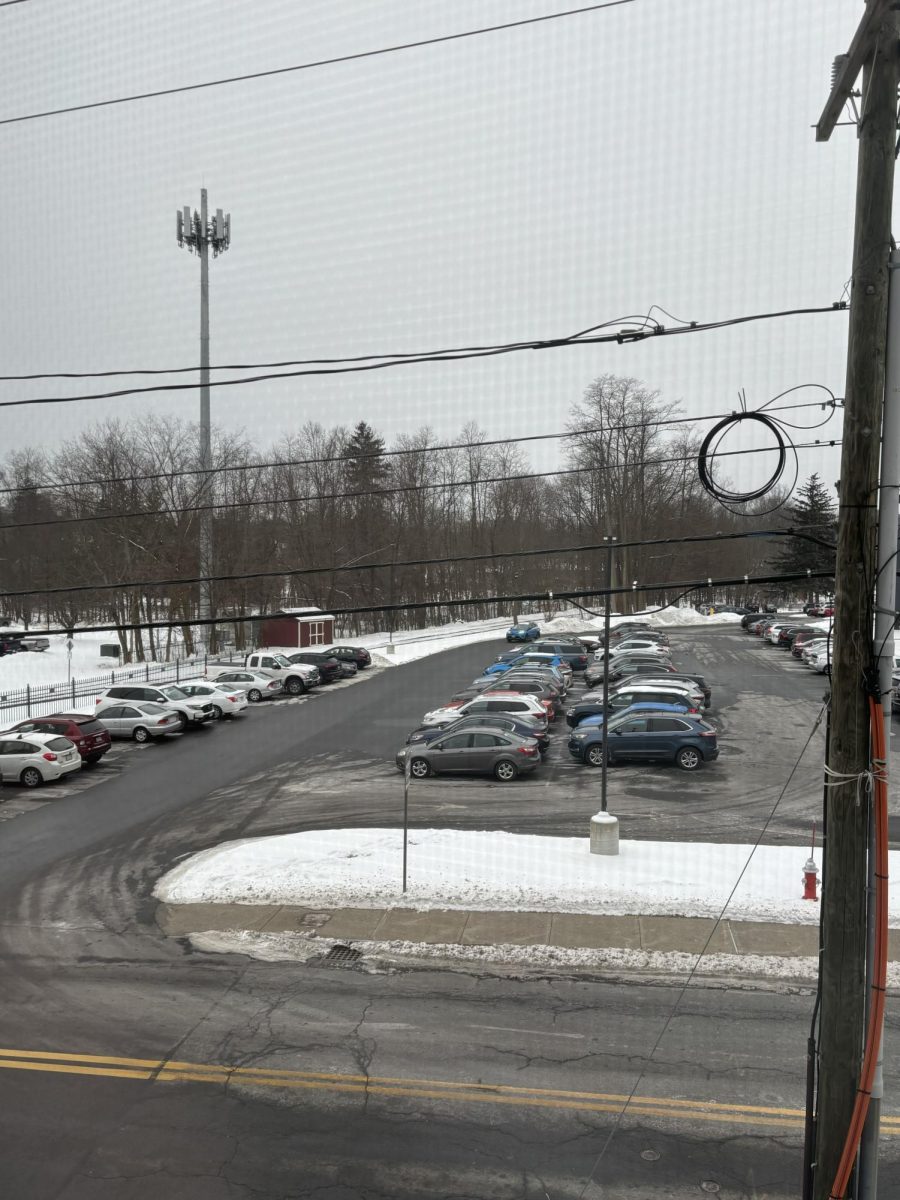While it may not have the thrills of Skyfall or the grand adventure of The Hobbit, Steven Spielberg’s latest movie, Lincoln, captures the tension during the United States’ struggle over slavery and the desire of one of our greatest presidents to ensure freedom for our country’s inhabitants. The movie takes place in 1863, near the end of the Civil War, when peace between the northern and southern states is close at hand. While trying to negotiate peace, President Lincoln is simultaneously seeking enough votes to pass the 13th amendment to the Constitution, which would abolish slavery. Lincoln must get this amendment passed before the South reenters the nation and rejoins the House of Representatives, making it impossible to pass the amendment through the House.
Most of the movie hinges on the intellectual dialog between the characters, which is beautifully written, if a bit difficult to keep up with. With most of the characters being politicians, one can expect a fair amount of bickering that grows increasingly nasty. Some of the most enjoyable scenes in the movie are of members of the House of Representatives arguing over whether or not to abolish slavery. In a time when politics is all about diplomacy, there is something immensely satisfying in seeing one politician calling another a “brainless nincompoop.”
The entire cast is stellar, led by Golden Globe winner Daniel Day-Lewis as Lincoln. Day-Lewis does a fantastic job at combining weariness, likability, and pure power in his role, going from telling jokes and literally pulling speeches out of his hat to playing quietly with his son to shouting down members of his cabinet with the words “I am the president of the United States of America, clothed in immense power.” Day-Lewis captures Lincoln’s personality particularly well in his speech, using an unexpectedly high-pitched voice based on firsthand accounts of Lincoln’s voice.
The entire movie is shot using low lighting, and the dark sets convey a sense of the age. The plot can feel a bit slow at times, but seeing Lincoln juggle his political schemes that verge on straight corruption, his rocky family relationships, and the tension between himself and the politicians opposed to his actions keeps the film interesting and intense, if a bit confusing. The film does an excellent job of capturing the tension of a time when nothing was certain and everything could have been lost. Though we know the conclusion of the movie from history, the audience finds themselves on the edge of their seats, holding their breath, just like the characters on the screen.
A far cry from the horror of a movie known as Abraham Lincoln: Vampire Slayer, Spielberg’s Lincoln is a movie filled with drama, hope, and the spirit of a great man. It entertains and inspires. Four and a half stars.









